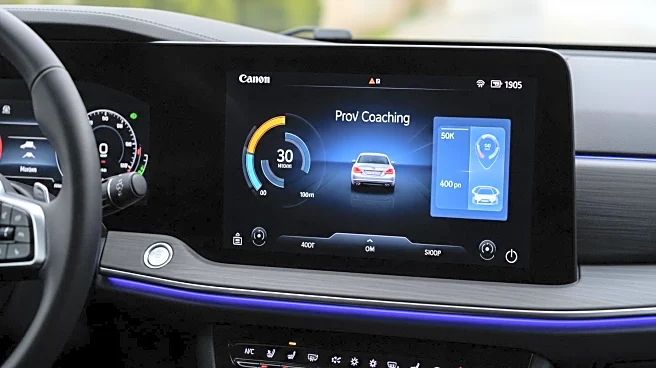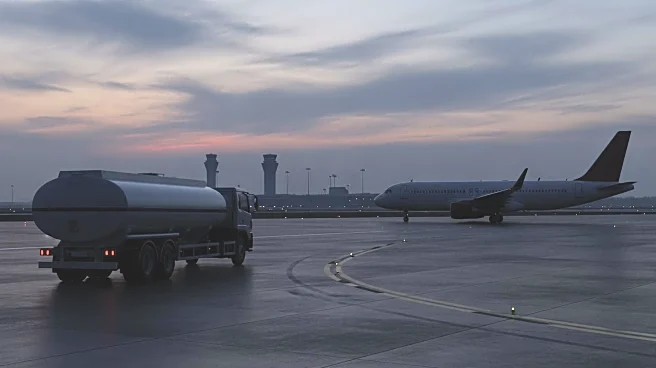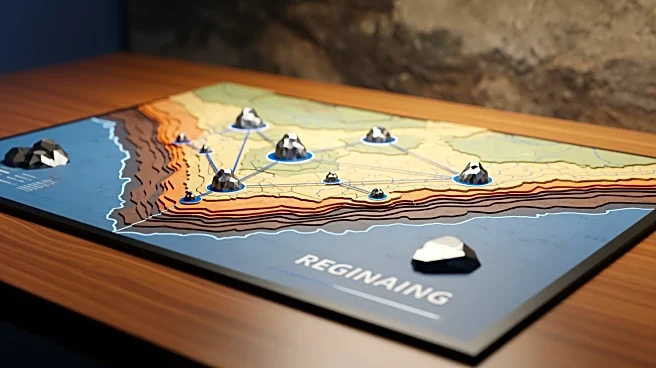What's Happening?
Driver coaching in the trucking industry is undergoing a transformation with the integration of technology. Traditionally informal, coaching now incorporates dashcams, telematics, and performance data to identify areas for improvement. However, leading fleets are shifting towards a developmental approach, blending data insights with empathy and conversation. Effective coaching involves interactive dialogue, focusing on understanding and addressing root causes of performance issues. Fleets are piloting programs to refine coaching strategies, emphasizing consistency and flexibility in matching coaches with drivers.
Why It's Important?
The evolution of driver coaching reflects broader trends in the transportation industry towards data-driven decision-making. By enhancing coaching practices, fleets can improve driver performance, safety, and satisfaction, ultimately reducing accidents and operational costs. This approach aligns with the industry's focus on efficiency and sustainability, supporting long-term growth and competitiveness. For U.S. fleets, adopting advanced coaching methods can lead to better compliance with regulations and improved public perception.
What's Next?
Fleets are expected to continue refining coaching programs, integrating technology to enhance effectiveness. This may involve expanding pilot programs and exploring new methods for matching coaches with drivers based on expertise and geography. As coaching becomes more structured, fleets will likely see improvements in driver retention and performance metrics. The success of these initiatives could influence industry standards, encouraging widespread adoption of advanced coaching practices.









